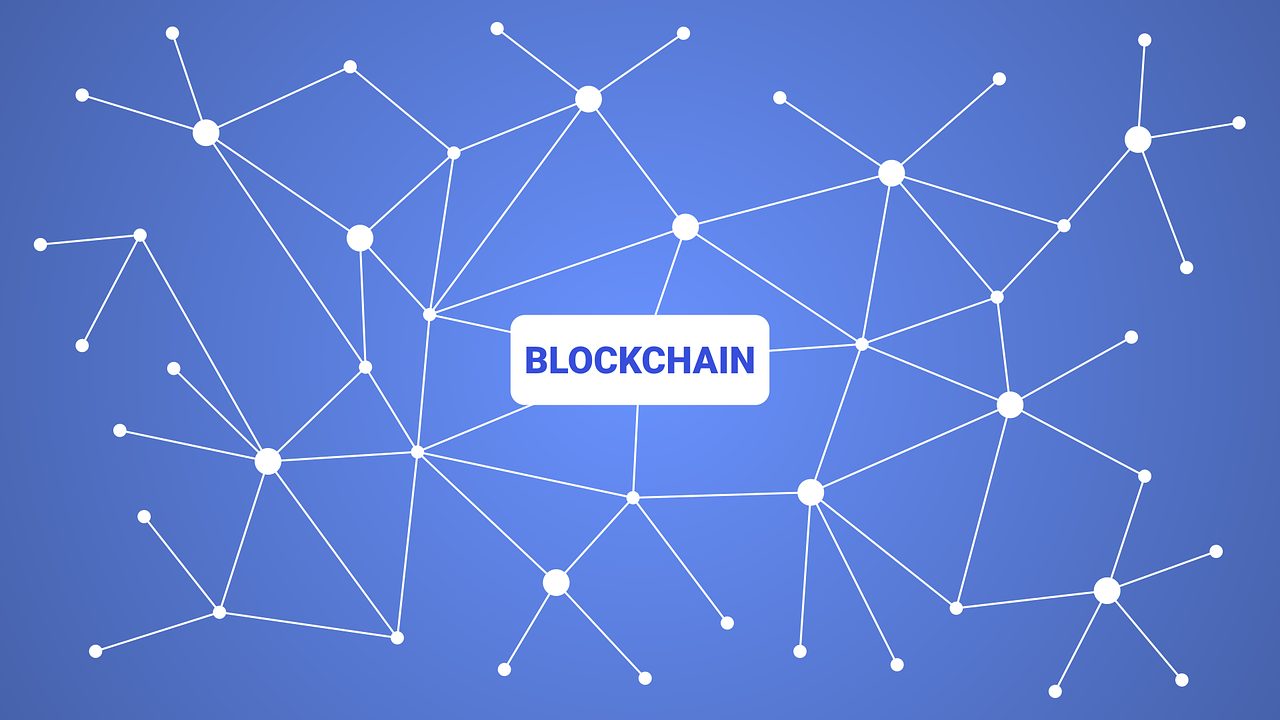
The Internet of things with blockchain has a bright future as they create data transparency and collaborative relationships. For example, the website will assist traders in their bitcoin journey with the best trading tools, fast payouts, and phenomenal customer support. Today we are focused on getting the best value from information, which means taking more control over our supply chains. If you are into Bitcoin investment, you may also consider knowing about The Bitcoin Cycle.
In this context, the Internet of things with blockchain can be a new way to grow value in value chains through collaboration from all parties involved. As a result, the relationship between the Internet of things with blockchain is reshaping the future. For example, blockchain technology could be a game changer in the food chain, a highly regulated industry under government certification and inspection.
Blockchain technology could make each participant more accountable for their action and give consumers more insight into their food value chain. In addition, because all information is stored digitally, many can access the same information. As a result, it will give more trust in products’ origin and production. It may also mean better pricing since there won’t be many intermediaries between producers and consumers.
As in every industry, there is an opportunity to improve through collaboration. Everyone on a supply chain benefits from sharing information and improving their work. It could mean a more sustainable environment and efficient systems, helping the consumer. However, it is only possible if there is trust between each other, which is where the Internet of things with blockchain comes in.
IoT and blockchain will create transparency:
The Internet of things with blockchain creates data transparency for all participants in the value chain and consumers who want to know what they buy. The data collected can be used to see whether or not products meet specific criteria and can be shared among the participants in an open-source database. In addition, blockchain technology will enable networks between people needed to make changes happen.
Smart City – Smart Homes:
Many people want to live in smart homes, buildings, and cities. It gives them a better quality of life, more comfort, and the opportunity to create efficient and environmentally friendly ecosystems.
The Internet of things with blockchain will help to optimize existing cities by making it easier for electric vehicles to get power from the grid. In addition, sensors on the roads will make it possible for cars to charge when there is a surplus of energy. It is already becoming a reality in Houston, with trials conducted on electric bus charging stations along critical routes between residential areas and transportation hubs, delivering more than 250,000 passengers daily.
Supply Chain Management – Smart Supply Contracts:
When it comes to Smart Contracts in supply chains, one thing is for sure – that blockchain technology will help companies to work more efficiently. Smart Supply Contracts are rules and procedures that are embedded in the software. Blockchain technology enables the intelligent contract to function autonomously, meaning no third-party intermediaries are required to verify transactions made on the Internet of things with blockchain.
Smart supply contracts can help companies remove human errors and speed up how goods are delivered and sold. It may not seem like a big deal. Still, faster transactions often mean fewer mistakes and improved efficiency across thousands of vendors, manufacturers, and customers who depend on deliveries happening when they’re supposed to.
Public Health – Counterfeit Drugs:
Counterfeit drugs cost the pharmaceutical industry billions each year. The fake drug industry is worth $200 billion and comes at a cost to people’s health and the global economy. Yet, in many countries, there are no trusted mechanisms for showing medicine’s origin, making it hard to identify counterfeits. It is where blockchain technology can make a difference.
The combination of IoT and blockchain technology can ensure that people always get the right medicine whenever needed by making medicines traceable from production to consumption. It will also help manage stock levels, so unsold drugs aren’t reused or sold on the black market through the Internet with blockchain-based transparency and certainty about what you buy.
Smart appliances:
The Internet of things with blockchain has the potential to make all appliances in your home, office, and life smart and connected. It means you can control your heating and air conditioning, the doors in your house, and the alarm system.
Intelligent appliances could also help reduce waste through automatic management of appliance use in different rooms or conserve power through equipment sensors that detect when too much energy is being used.
Using machine-to-machine data on the Internet of things with blockchain, your fridge can automatically order new milk before you run out at work or on a trip.
Read Next: Connect Wii Controller: Learn How to Connect Wii Controller Now!